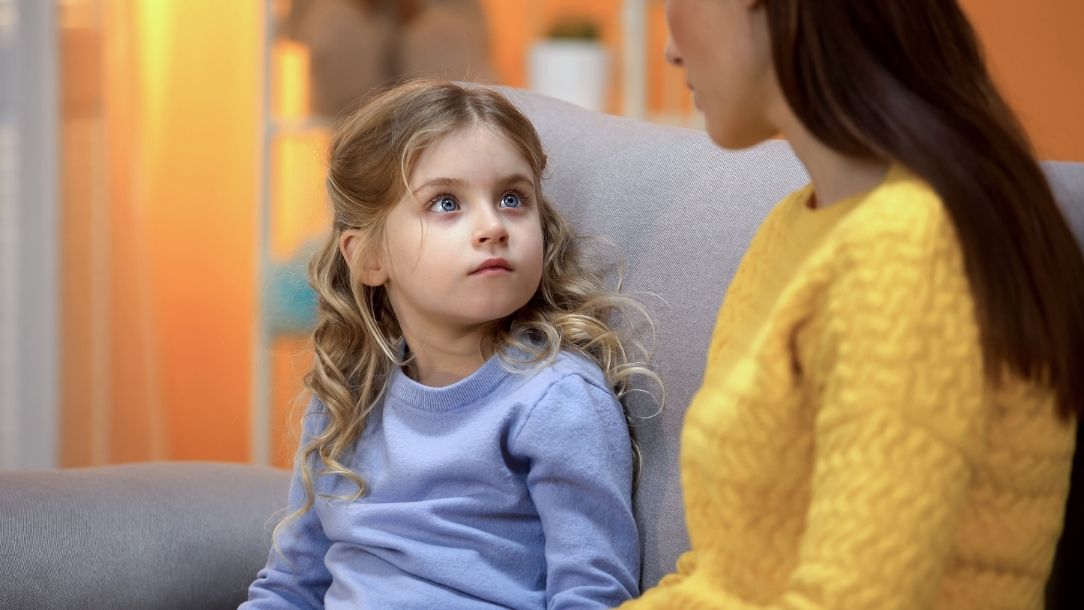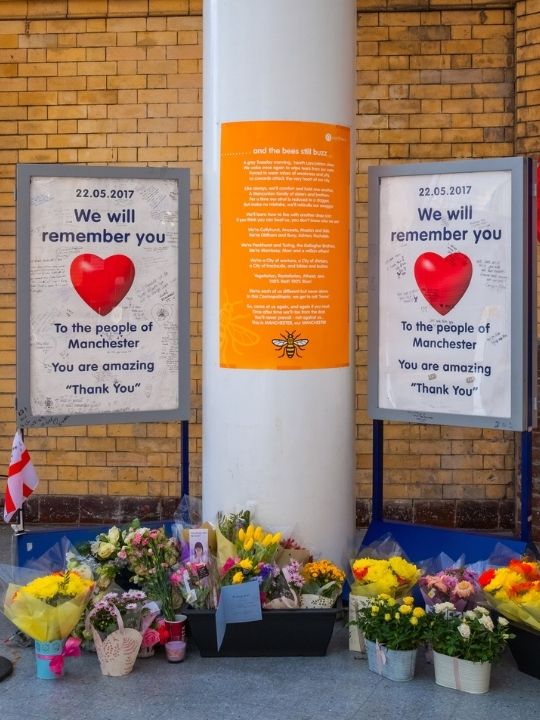How to talk to children about a terrorist attack
Last updated 3 February 2023
How do you talk to children about traumatic events such as the terrorist attacks in Barcelona, London, or Manchester? Should you be honest, or is it best to turn the TV off?
British Red Cross expert Dr Sarah Davidson has some advice.

Keep it simple
The key, when explaining an event such as a terrorist attack to children, is not going into detail.
You should not lie but you also want to keep it low key. Offer a simple, direct explanation that is age appropriate.
It’s fine to say, for example, that there was an explosion in town. Avoid euphemism and graphic detail. Keep it as simple as possible.
It is really important to keep normal routines going, such as school and bed time.
Common signs of distress
Some common signs that may signal a child's distress include bed wetting and becoming clingy or afraid to go outdoors.
Their sleep might be disturbed and their diet might change. You should watch out for children acting younger than their age.
However, these signs do not mean that a child isn’t coping – simply that they may need more support from their parents and carers.
Like adults, children are fundamentally resilient. Reassure them that their home and school are safe places, and that these events, while tragic, rarely happen.
Practical and emotional support
Sarah's team of volunteers have a lot of experience supporting people who have witnessed or been affected by traumatic events. These include terrorist attacks and natural disasters.
They provided emotional and psychological support to families affected by the Manchester bombing in 2017.
Six British Red Cross psychosocial volunteers were also on-hand to provide support to people during the recent London Bridge attack in 2017.

Supporting the victims of terrorism
After the Manchester terrorist attack, we have launched an appeal in partnership with Manchester City Council to raise funds for people affected by the attack.
The Manchester Emergency Fund supported people who were injured or bereaved. Donations also helped to alleviate immediate suffering and ensure that victims and their families do not face short-term financial difficulties.
We also launched the UK Solidarity Fund following the London terror attack a few months later.
The Fund supported people who were injured, bereaved or traumatised by terror attacks in the UK, helping to alleviate immediate suffering and ensure that victims and their families do not face short-term financial difficulties.